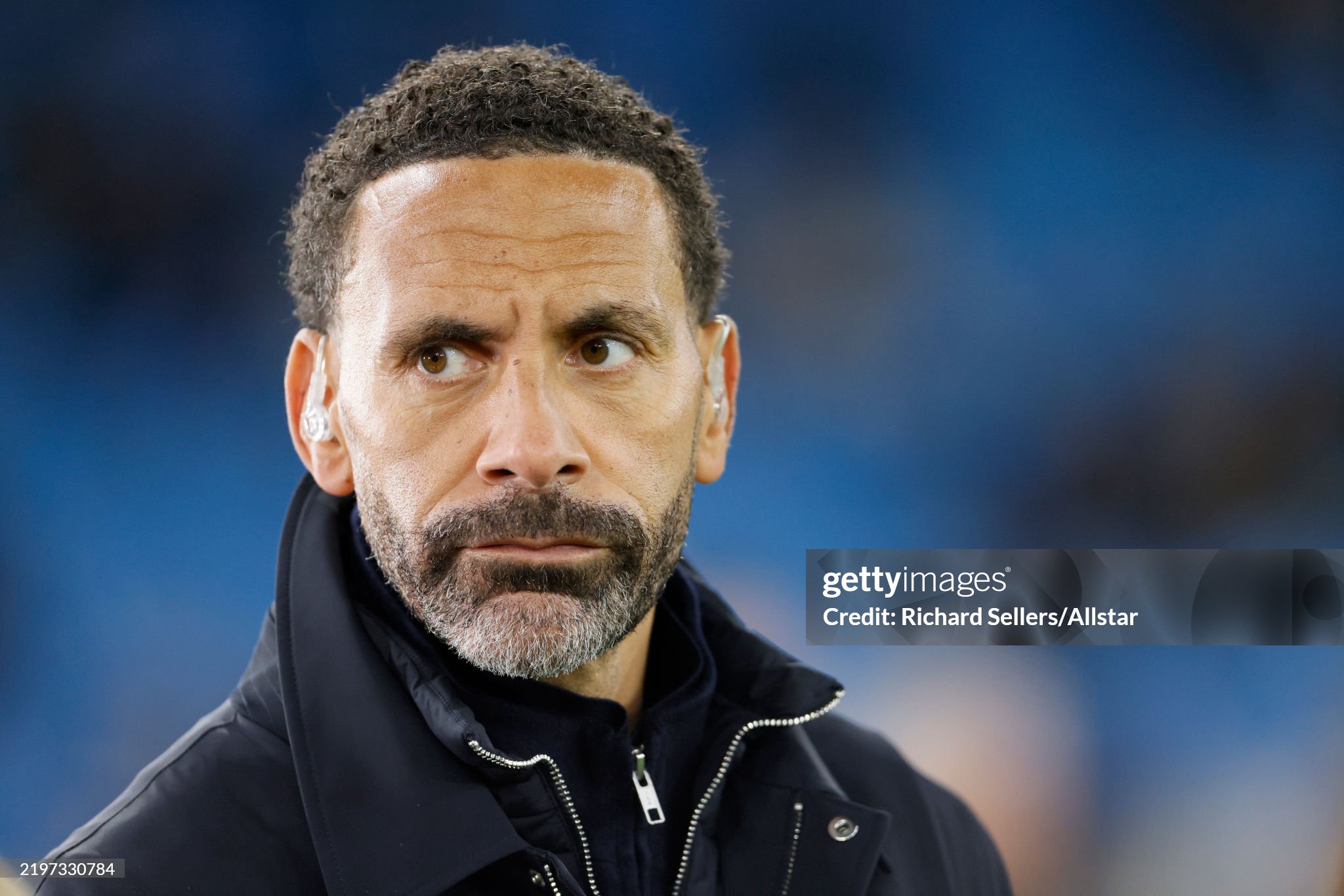Legendary FC Porto president Jorge Pinto da Costa has passed away this weekend, the club announced through its official channels. Pinto da Costa was 87 years old.
 Embed from Getty Images
Embed from Getty Images
Pinto da Costa’s passing marks the end of an era in Portuguese football, as he was not only the longest-serving president in FC Porto’s history but also one of the most successful figures in the sport.
His leadership spanned over four decades, during which he transformed Porto from a domestic competitor into a European powerhouse, leaving behind a legacy that may never be replicated. Born Jorge Nuno Pinto da Costa in 1937, he joined FC Porto’s administrative structure in the 1960s, working in various roles before rising to the presidency in 1982. At the time, Porto was struggling to break the dominance of Lisbon’s Sporting CP and Benfica, who had long held control over Portuguese football. Pinto da Costa quickly changed that reality. His arrival marked the beginning of a new golden era for the club, one that would eventually see Porto become Portugal’s most decorated club across all sports.
During his tenure, Pinto da Costa revolutionized FC Porto’s approach to football. He introduced a modernized scouting system that focused on recruiting undervalued talent from South America, Africa, and other European leagues, turning Porto into one of the best talent-developing clubs in the world. This strategy not only brought sporting success but also financial stability, as Porto became known for buying low and selling high, with numerous world-class players passing through the club before making big-money moves to Europe’s elite teams. Some of the most iconic players to have flourished under Pinto da Costa’s presidency include Deco, Ricardo Carvalho, Hulk, Radamel Falcao, James Rodríguez, and Pepe, among many others. Managers like José Mourinho, André Villas-Boas, and Sérgio Conceição also owe much of their success to Porto’s structure and Pinto da Costa’s trust in them.
Perhaps the greatest achievement of his presidency came in 2004, when Porto, under the guidance of José Mourinho, won the UEFA Champions League, defeating AS Monaco 3-0 in the final. This victory, coming just a year after Porto had also lifted the UEFA Cup (now Europa League) in 2003, cemented the club’s reputation as a European force. Before that, in 1987, Porto had already won their first Champions League (then known as the European Cup) under Pinto da Costa’s leadership, defeating Bayern Munich 2-1 in the final with the legendary backheel goal from Rabah Madjer. In domestic football, Pinto da Costa turned Porto into the dominant force in Portugal, winning an astonishing 23 league titles, surpassing Benfica and Sporting CP in the number of total trophies won. Under his watch, Porto never went more than four seasons without winning the league, a remarkable consistency that no other Portuguese club could match during his tenure.
However, after 42 years at the helm, his reign came to an end in April 2024, when he lost the presidential elections to André Villas-Boas, the former Porto coach who led the club to the 2011 Europa League title. Despite leaving the presidency, Pinto da Costa’s legacy remained intact, as he had built Porto into a model of success that continues to shape the club’s identity. His passing on Saturday after a long battle with prostate cancer sent shockwaves across the football world, with tributes pouring in from players, managers, and club executives who had worked with him or admired his influence. Portuguese Prime Minister and President, as well as leaders from UEFA and FIFA, also issued statements recognizing his contributions to football.
Beyond Portugal, Pinto da Costa’s passing was deeply felt in Italy, particularly by Sérgio Conceição, who had played for Porto in the late 1990s and later became the club’s head coach from 2017 to 2024. Conceição won three league titles and led Porto to several deep runs in European competitions during his tenure. Following AC Milan’s 1-0 victory over Hellas Verona, journalists were surprised when Zlatan Ibrahimović, now an advisor to Milan, took the seat at the post-match press conference instead of head coach Sérgio Conceição. The Swede explained why Conceição was absent, revealing how deeply affected he was by the loss of Pinto da Costa. "I'm here because the coach stayed in the dressing room," Ibrahimović stated. "He is deeply affected by the passing of Porto’s president, who was like a father figure to him. That’s why I’m speaking now." Conceição’s close bond with Pinto da Costa went beyond football. The two shared a deep friendship, and the former Porto manager had often spoken about the trust and support he received from the club’s long-time president. Losing such a mentor was visibly overwhelming for him, and his reaction spoke volumes about Pinto da Costa’s influence on those around him.
Even after stepping down as president, Pinto da Costa remained deeply involved in Porto’s affairs. He continued to attend games at the Estádio do Dragão, offering his wisdom to those still guiding the club. His presence was a symbol of stability, and his absence will undoubtedly leave a void in Portuguese football. His legacy is not just about the trophies or the titles though they are vast. It is about the culture of excellence he instilled at FC Porto, turning them into a club that competed at the highest level while maintaining financial sustainability. His leadership ensured that Porto remained competitive even against clubs with significantly greater resources, making them one of the best-run teams in Europe. The city of Porto and the Dragões faithful will forever remember the man who transformed their club into a global name. His contributions to the sport will be honored, and his impact will be felt for generations to come.








